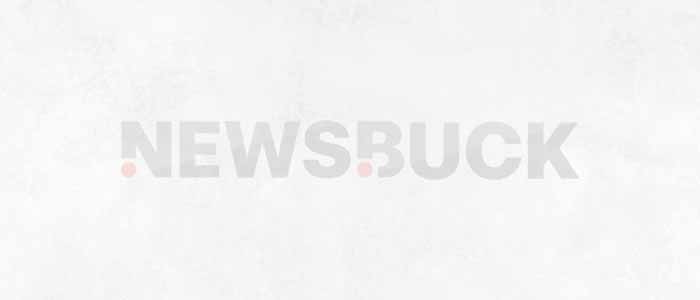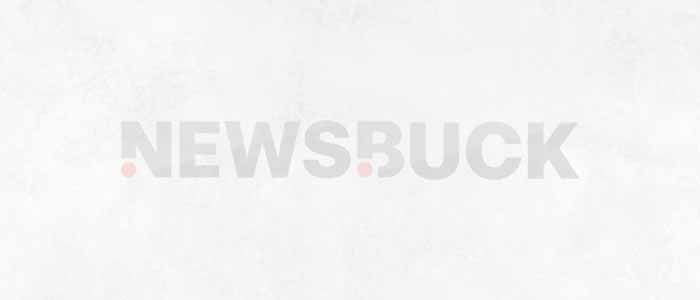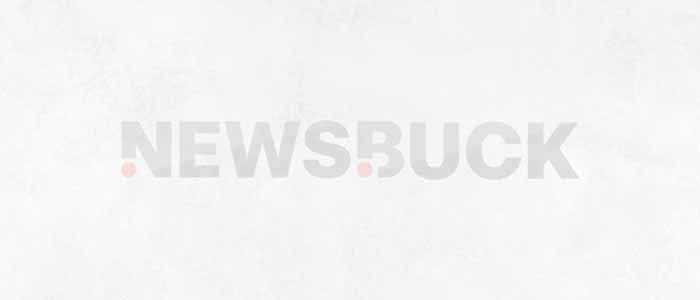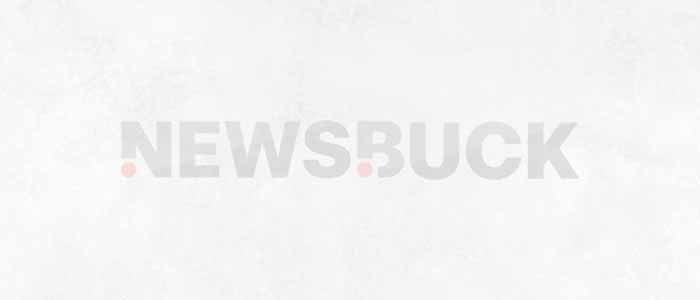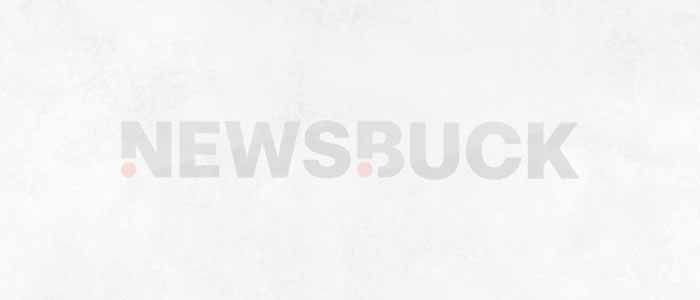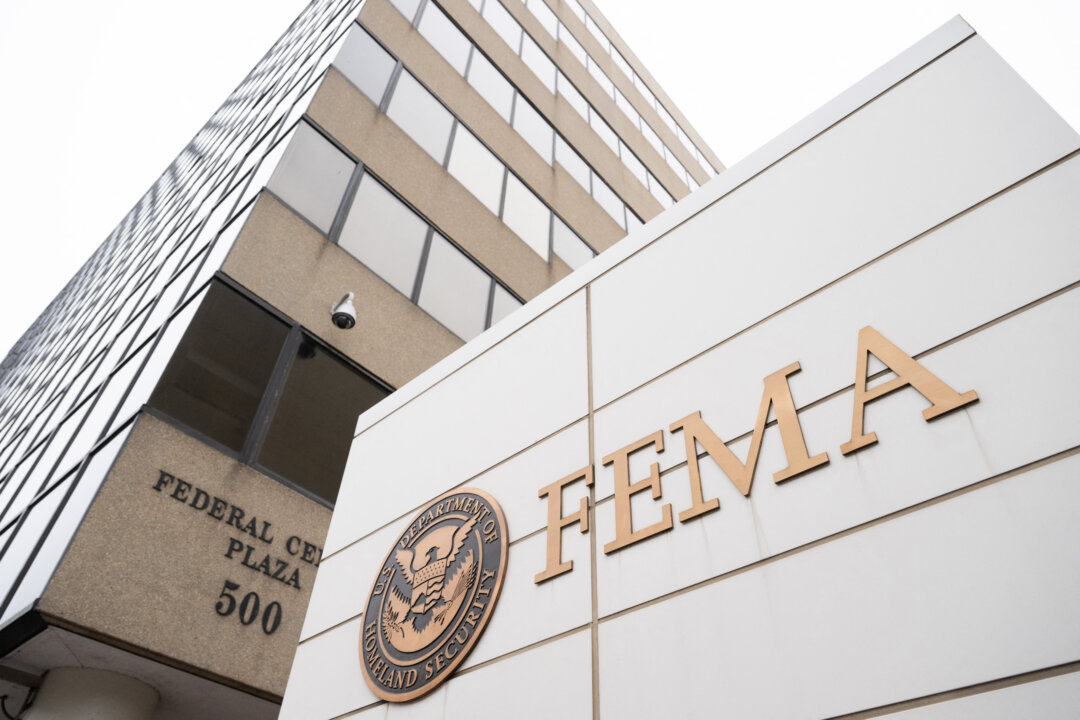Western democracies face increasing pressures toward censorship, now is the time for Canada to distinguish itself as a nation that protects robust debate. The three major federal parties have released their platforms, revealing dramatically different approaches to free expression. Not only do the platforms make very different commitments — the platforms also provide insight into how the party leaders think about this fundamental freedom: do they see free expression foundational to democracy, or as threatening it? The NDP platform implicitly positions speech as something to be suspicious of and requiring curtailment.
While asserting they would ensure that Charter rights are protected, they immediately pivot to expanding support for the CBC and local journalism as “critical during this time of misinformation, disinformation, and U.S. threats.

” To be clear, a diverse and vibrant press is beneficial to democracy. But there is nothing about funding the CBC that is constitutionally required. And the NDP’s stance ignores that the CBC has its own perspective.
The NDP’s definition of the term “misinformation” is undoubtedly broad, and will ultimately be selective. When the government defines these terms, there’s a non-zero chance that they will define them in a way that captures the speech of their opponents. Perhaps most concerning is the NDP promise of “concrete action to protect Canada from misinformation and disinformation — whether it comes from foreign actors, bad-faith influencers, or unregulated ‘media’ platforms.
” This sounds frighteningly like an intention to target independent media outside “state-sanctioned” outlets, essentially putting government in the role of truth arbiter — a dangerous proposition for a democracy. Additionally, the NDP proposes legislation to criminalize “residential school denialism” — a likely unconstitutional measure with unclear boundaries that could stifle legitimate historical inquiry. The Liberal platform says significantly less about free expression, but what it does say is concerning.
It begins by claiming “the Liberal party is the party of the Canadian Charter of Rights and Freedoms,” because the Charter was introduced by a Liberal government. This partisan framing of our constitution is deeply divisive and unhelpful. The platform promises to “stand up for the Charter,” but ignores how the Liberal government has repeatedly undermined Charter rights.
The Trudeau government illegally invoked the Emergencies Act, made unconstitutional amendments to the Canada Elections Act (struck down by courts), proposed censorship legislation (Bill C-63) that would have put people under house arrest for future speech crimes, and passed the Online News Act and Online Streaming Act, which undermine free expression. The Liberals also propose expanding the Court Challenges Program, which uses taxpayer money to fund litigation against the government’s own laws. Research from the MacDonald Laurier Institute has shown this program has an overwhelming progressive bias, with 96 percent of funding going to progressive activism.
Their platform also proposes criminalizing obstruction of access to places of worship, schools, and community centers. While ostensibly responding to concerning protests targeting Jewish communities, such “bubble zone” laws often restrict legitimate protest activity and get the government involved in determining which topics of protest are permissible — fundamentally undermining the content-neutral right to free expression. The Conservative platform contains multiple commitments to free expression.
It promises to modernize laws against online harassment and strengthen child protection online “without infringing on the civil liberties of law-abiding Canadians” — a direct criticism of the Liberals’ Bill C-63. The platform proposes tougher sentences for religious property damage and penalties for masked rioters. While these offenses are already criminalized, the Conservatives emphasize stronger enforcement.
What distinguishes the Conservative platform is its dedicated section on free speech, which begins by quoting Wilfrid Laurier: “Canada is free and freedom is its nationality.” It commits to restoring free speech through a Freedom of Speech Act that would repeal “liberal censorship laws” and restore Canadian news on platforms like Meta — a direct reference to repealing the Digital Streaming Act. The Conservatives also commit to protecting free speech on campus by requiring universities to enforce Charter guarantees of free expression as a condition for federal funding — addressing the well-documented challenges to academic freedom at Canadian universities.
This is good. A university without a commitment to freedom of expression isn’t a very good university. The situation has gotten so bad that the Canadian Constitution Foundation is helping a group of professors and a former student at the University of British Columbia sue that university over academic freedom.
How we approach free expression reflects our vision for Canada. The NDP sees speech as something to be suspicious of and requiring government control. The Liberals offer rhetoric about Charter rights while having undermined them for years.
The Conservatives position freedom of expression as central to Canadian identity. When casting your ballot on April 28, consider which vision of free expression aligns with your values for Canada’s future. Can we be trusted with the freedom to speak, debate and disagree? Or does the government need to protect us from “harmful” ideas? Free debate is essential to discovering truth and maintaining a healthy democracy.
As voters, we should demand that all parties commit to robust protections for this fundamental right. National Post Christine Van Geyn: Free speech is backsliding across Europe. It must be an election issue hereChristine Van Geyn: Court ruling condemning use of Emergencies Act must be upheld.
Politics

Christine Van Geyn: Beware Liberal, NDP attacks on free expression

Only the Conservatives see the right as central to Canadian identity








